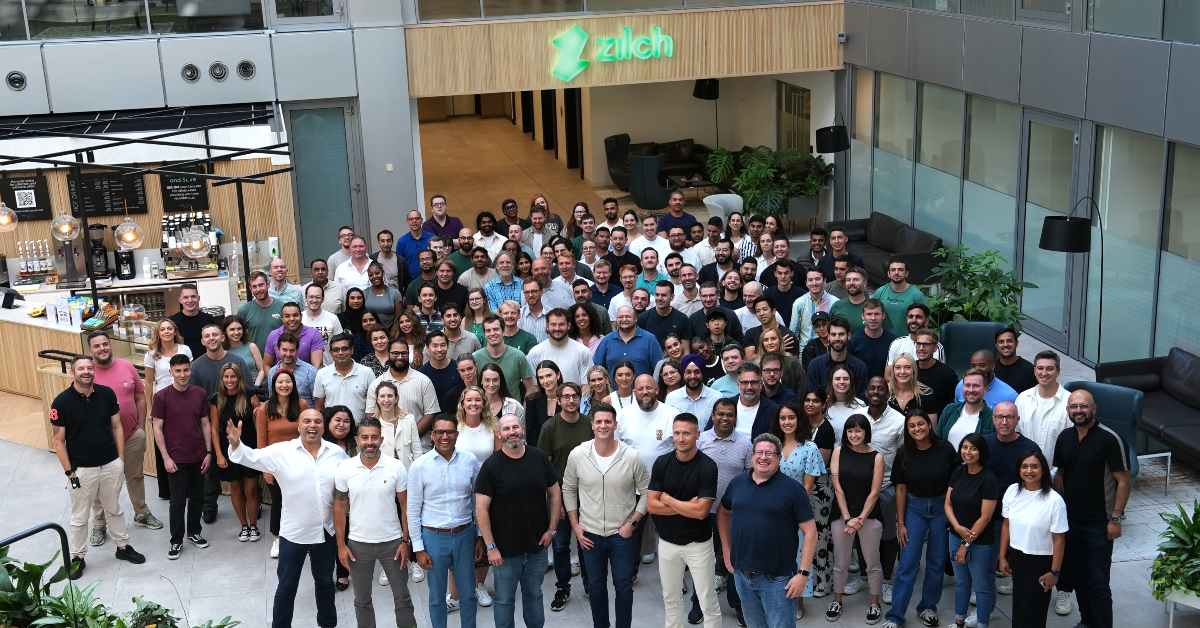Indian online pharmacy startup PharmEasy remains approximately 92% below its peak $5.6 billion valuation, according to recent estimates from its investor, Janus Henderson
In a securities filing, the British-American global asset firm disclosed the value of its interests in the Indian startup PharmEasy at the end of June. The implied valuation was approximately $458 million.
This is a surprise, as PharmEasy announced in April that it had initiated a rights issue to raise approximately $417 million.
In a LinkedIn post, PharmEasy co-founder Dharmil Sheth disclosed that the rights issue, which enables current investors to acquire new shares at a significantly reduced valuation, was considerably oversubscribed.
At the time, a regulatory filing indicated that the venture had acquired approximately $216 million. As early as last year, confident investors had begun to reduce the value of their investments in PharmEasy.
The most recent valuation estimate indicates that PharmEasy is now worth less than it paid to acquire Thyrocare, a diagnostic lab chain, in 2021.
PharmEasy did not respond to a request for comment, which Temasek, TPG, B Capital, and Prosus support. Janus declined to answer.
PharmEasy, which has raised approximately $1 billion to date, provides various services, such as consultations, diagnostic and radiology testing, treatment deliveries, and wellness tools and information.
In November 2021, the startup that was once on the rise applied to a $843 million initial public offering (IPO). However, the plan was subsequently postponed. Instead, it endeavored to finance a portion of its rapid expansion by utilizing debt.
The firm’s inability to redeem the $300 million loan it borrowed from Goldman Sachs and raise new funds with equity after the market had turned ultimately proved costly.

“There has been a significant amount of written and spoken commentary regarding us.” We typically refrain from responding and believe in acting in the best interest of the company, the shareholders, and the team.
We strive to outperform. Writing about companies is more straightforward because they are “entities at the end.”
We frequently overlook that these entities are ultimately created by genuine individuals who employ genuine sweat, blood, tears, and many other resources.
PharmEasy’s Sheth wrote in an earlier LinkedIn post, “Cheers to what the team did in the last year > achieved the seemingly impossible.”
Globally, numerous investors are reducing the value of their startup holdings.
TechCrunch reported last week that 360 One, an investor in the Indian news aggregator startup Dailyhunt, recently expressed its valuation of the Indian company at $2.9 billion in a note to its limited partners.
This represents a decrease from the previous level of approximately $5 billion.



